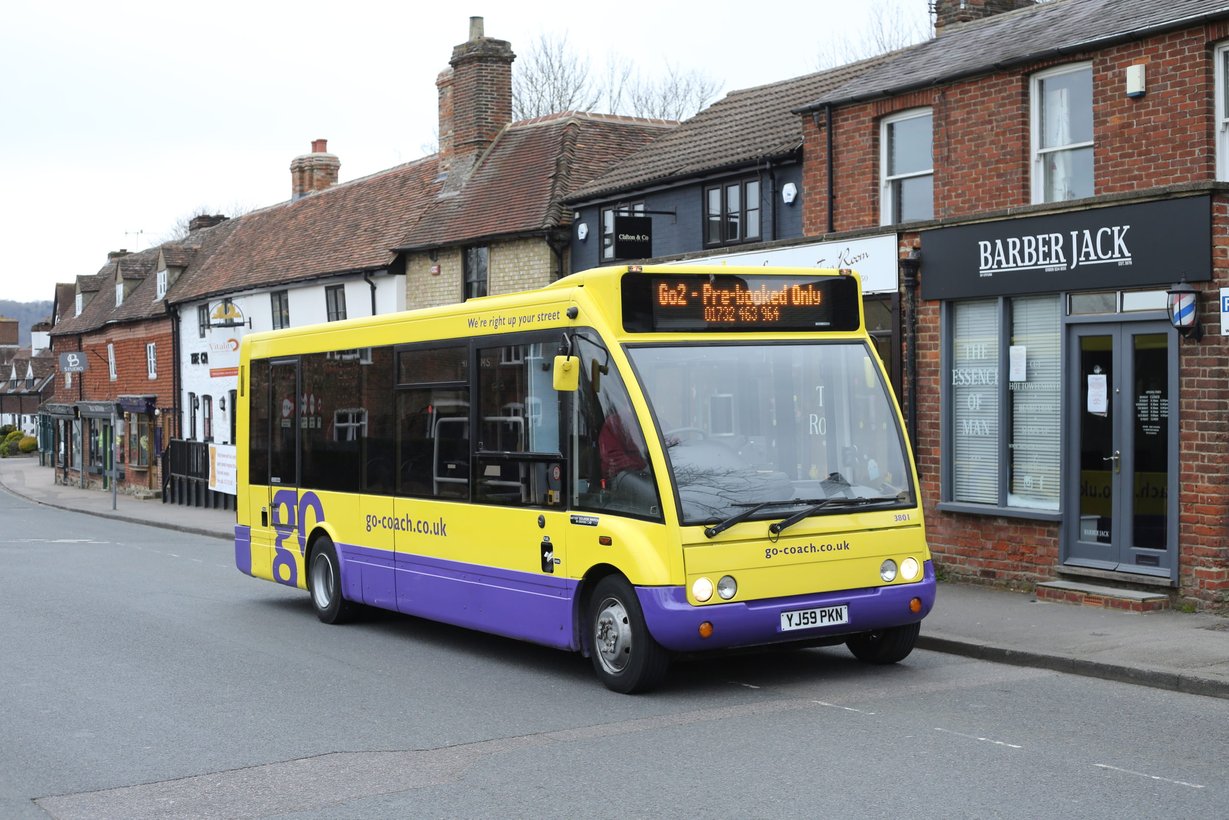As we enter 2023, the imperative to expand public transport access is stronger than ever: with cost-of-living soaring, people need reliable, affordable access to jobs and services. While fuel prices have decreased, car ownership remains increasingly unaffordable, leaving swathes of the country at risk for social isolation and exclusion from the labour market.
But the headwinds facing the transportation industry are strong: as ongoing general economic pressures continue to drive operating costs higher, key funding support is set to expire by April 2023. Post-COVID demand patterns, more challenging to serve with traditional transport, are looking increasingly settled as people continue to work from home. All of this adds up to an uncertain and challenging year ahead. While we continue to advocate for new funding models , we recognise that the success of transport in 2023 may instead hinge on authorities’ capacity for creative service delivery. As funding for subsidised bus services grows ever tighter, we are beginning to work with our partners not only to increase the efficiency of their other transport initiatives — such as “dial-a-ride” services for elderly passengers or passengers with disabilities, or free home-to-school transport for students with special needs (“SEN” transport) — but to leverage the resources available for these initiatives to extend and expand access beyond those groups traditionally served.
The challenges ahead.
A persistent driver shortage and increased fuel costs have made operating services more expensive across the board — bus, train, demand-response, community transport. At the same time, passengers are experiencing a cost-of-living crisis that makes increasing fares an especially counterproductive option. More route cuts are on the table, following a year in which 1 in 10 routes disappeared.
Compounding the issue of rising operator costs is the imminent expiration of the Bus Recovery Grant and £2 fare cap, both by April 2023. Together, these will deal a blow for traditional bus travel. In Germany, a 3-month €9 ticket experiment brought back passengers and saved 1.8 million tonnes of CO2 — and created momentum for similar initiatives in the future, with the €49 “Deutschlandticket” set to launch in 2023. Without the will to develop longer-term, more sustainable subsidies, momentum generated by the £2 fare cap may be lost.
We still may not have seen the last of the BRG, which has already been extended twice: Secretary of State for Transport Mark Harper has now hinted at further revenue support beyond the current March 31st expiration. But as Graham Vidler, the chief executive of the Confederation of Passenger Transport, has observed, continual extensions don’t allow for sustainable long-term planning. “The cliff edge keeps getting moved back six months,” he continued, “and I don’t think it’s helping anyone.
Creative ways forward.
With funding for buses set to be reduced — and remaining budgets stretched thin across more expensive operations — authorities are beginning to look beyond traditional operating and funding models. Bus subsidies are hardly the only form of transport funding that councils administer: many provide a mix of alternative services as well, traditionally for people who are not well-served by traditional transport. We have worked with our partners to examine these services, and their budgets, with the following two goals in mind.
Maximising the efficiency of dial-a-ride, home-to-school, and other demand-responsive transport services on offer.
Though operating costs have risen for every form of transport, the per-journey rates for demand-responsive services have started high and grown higher. Rising costs for taxi and private-hire rides is largely responsible for massive increase in SEN spending, which a majority of councils have called “unsustainable.” If councils can reduce the amount they spend on these services, more of their budgets can be freed up to provide additional forms of transport.
Upgrading routing and dispatch technology can be a quick route to more efficient service, and to stemming the tide of rising demand-response costs. Councils and community transport organisations often administer these services with antiquated technology, or no technology at all. As a result, dispatchers can miss opportunities to group passengers together, and lack the time to test multiple route options to choose the most efficient. Investing in modern technology enables transport providers to serve the same number of people for a lower overall budget.
Leveraging demand-response budgets to offer transportation to a wider audience.
More efficient demand-response services can also be used to expand access to passengers councils would normally try to serve with a fixed-route bus. We have worked with Transport for West Midlands to develop a tech-enabled DRT service that can simultaneously meet the needs of the authority’s traditional dial-a-ride passengers and the general public. Passengers in Coventry can now book trips by phone or by app, in advance or on-demand, and be paired an appropriately accessible vehicle. On-demand passengers fill the gaps in the pre-booked dial-a-ride schedule, meaning the service operates more efficiently and reaches more people on an equivalent budget.
An eventful 2023.
We are hopeful that the imminent funding “cliff’s edge” will be smoothed, and that fixed-route bus will continue to be supported at current or increased levels. But we are also working with our partners to find alternative ways to offer needed transport services, and maximise the budgets they already have. 2023 has the potential to be an eventful year for transport in the UK, and we’ll be there to help our partners chart a course.

.png?width=71&height=47&name=Sioux%20Falls%20Webinar%20(6).png)


